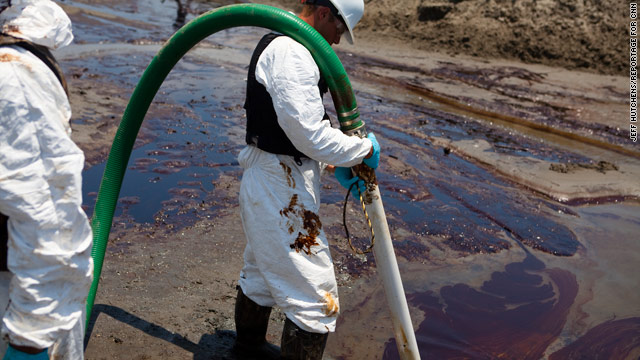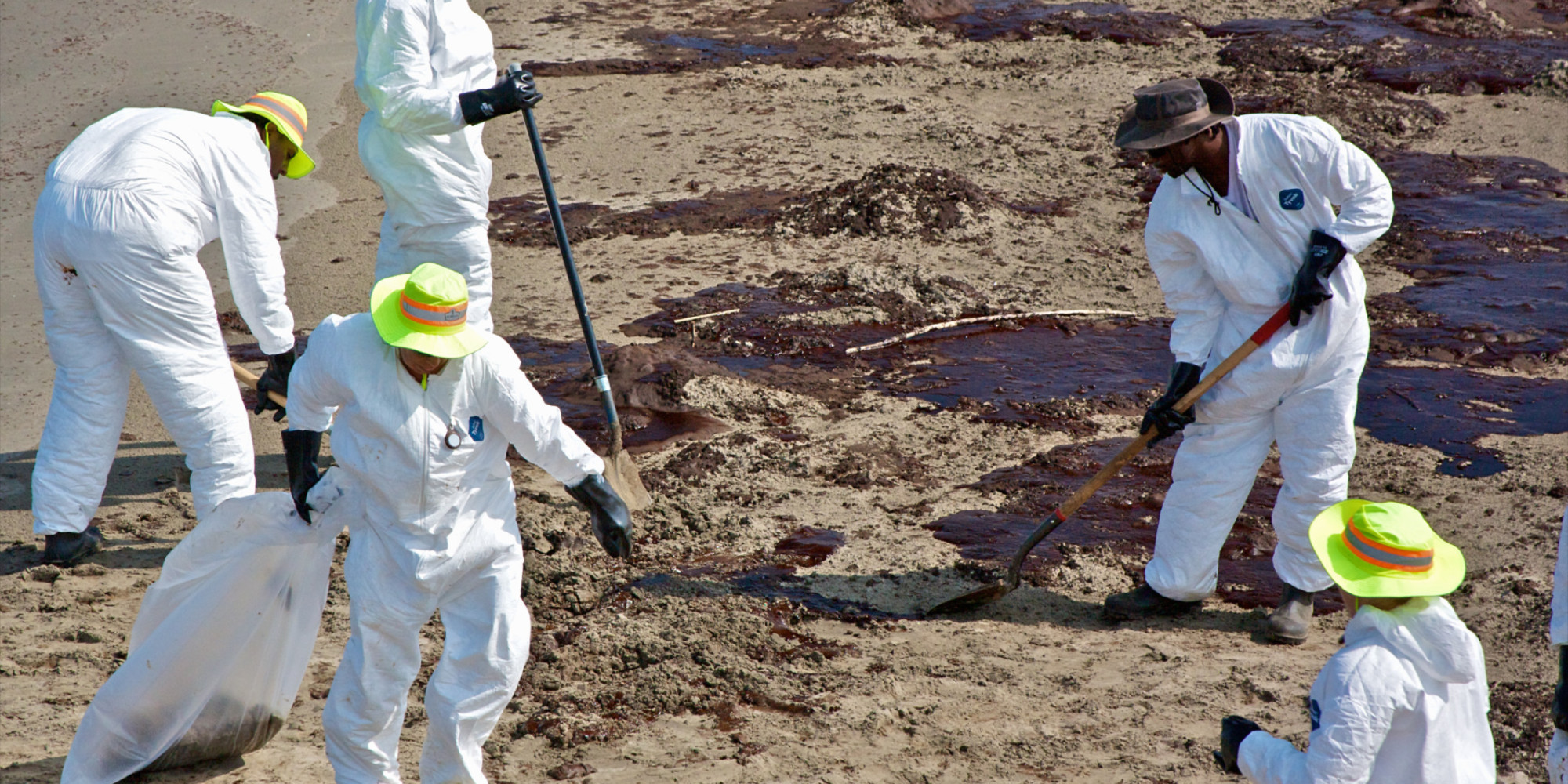Late night political talk shows
have become a very widely excepted medium for news acquisition in recent years.
Shows like the Colbert report, the Daily Show, the Tonight Show and Saturday
Night live have huge fan bases now that rely on them primarily for news
information. Some studies show that the majority of their viewers are between
the ages of 18-34 so mostly these are the newest generation looking to them for
news. With their increasing popularity the question becomes whether talk shows,
primarily meant to be entertaining and funny, are good fountains for current
news and information for what’s happening in our political landscape. For this
reason I decided to watch for myself November 14th’s episode of the
Colbert report on Hulu and read up on how accurate, current and insightful the
news it provided was.
The program headline topic was how
the Republican run state governments will change the Affordable Health Care act
now that they have the power to create change. Colbert opened up the topic with
jokes like “now Republicans are going to do something about it by undoing
something about it” and called it the Republican’s “Healthcare Reform, reform”.
Colbert went on to mock how one of the
leading architects of Obamacare called US voters stupid in a press conference,
and how Republicans make it sound like poor Americans don’t deserve healthcare
even if they need it. Over all this topic seemed well explained with full
coverage on both sides of the issue, even bringing in a political analyst to
show her views on the story and why she believes Obamacare will not die anytime
soon. Colbert does a good job of using sarcasm to make it hard to pinpoint
where his bias lays usually, but in this episode it was clear he believed the
exact opposite, that Obamacare was dead due to the new Republican plans and was
happy about it.
At this point I did go ahead and do
some research on the topic myself. Looking through articles on the topic by the
Washington post and CNN, it seems like there wasn't very much of importance
left out of this section of the news. Most the same information was shown on
both newspapers and neither seem to get quite as good a job of getting both
sides of the issue as Colbert did. Of course this section took up almost half
the entire time of the show so it should have been well covered and
surprisingly, it was.
After that, Colbert went on to his
next to topic with the joke “A federal judge Man on Managed to spread gay marriage
to my home state of South Carolina”. This lead to many jokes about how he sarcastically
detested the idea of Gay Marriage going to South Carolina, such as this one referring
to the South Carolina state flag as being
nicknamed the “stars and bars and not the stars and gay bars”. All this
was done playfully though and it was clear he was either glad for the ruling or
indifferent. This was a short segment of the program and only featured the
information on the ruling and the name of the judge who passed the ruling but
not much else. When I looked the topic up later on USA Today I found there wasn't
much else said about it there than was said on the Colbert show, other than a
few more details on how the court session went and such, leading me to believe it
was a minor story used to fill up a slow news night.
After this the last part of the
show was spent interviewing Jennifer Lawrence about the new Hunger Games movies
which I hardly consider important news for America to know about so I didn’t think
it was too important to include that here. In Conclusion though, at least for
the Colbert Report, it seems these shows do a good job of getting the facts
down people need to know about news topics and they do something other news
mediums usually don’t, make the news interesting to watch. That being said I wouldn't
say the Colbert report or any late night talk shows are good substitutes for
real news shows and pages, as they’re limited time frame, and entertainment
based theme makes it so not much news can be presented on each show. The Colbert
Report in this episode was only able to cover 2 news topics in the entire show,
there are a lot more than just two news stories going on even just here in
America right now, let alone the rest of the world. So although they may be
accurate and interesting, no I don’t think late night talk shows should be anyone’s
only source for news, and if they are than yes I do believe either researching
online or watching true news shows are very much worth the time to supplement
what was said in the talk shows.























